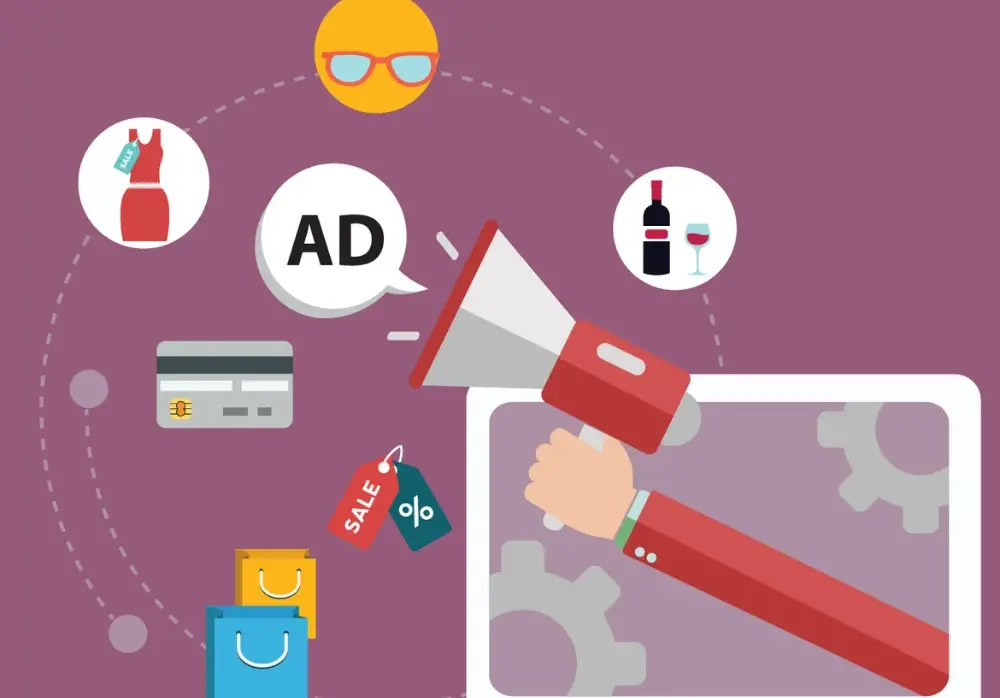From Clicks to Conversions: Crafting Irresistible Ad Campaigns in the Digital Age
In the ever-evolving landscape of digital marketing, Pay-Per-Click (PPC) advertising remains a cornerstone strategy for businesses aiming to drive targeted traffic and generate measurable results. However, with increasing competition and evolving consumer behavior, it’s essential for marketers to stay ahead of the curve by implementing cutting-edge techniques that maximize Return on Investment (ROI) and deliver high-performance campaigns. This blog delves into the latest trends and strategies shaping the PPC landscape, offering insights into how businesses can leverage data, automation, and creativity to achieve optimal results.
1. Embracing Data-Driven Decision Making:
Successful PPC campaigns rely on data to drive strategic decisions and optimize performance. By leveraging advanced analytics tools and platforms, marketers gain valuable insights into consumer behavior, preferences, and trends. Utilizing data-driven attribution models allows businesses to allocate budget effectively, identifying high-performing keywords, ad creatives, and audience segments. Moreover, predictive analytics enables marketers to anticipate market changes and adjust their strategies proactively, ensuring campaigns remain agile and responsive to evolving dynamics.
2. Harnessing the Power of Automation:
Automation has revolutionized the way PPC campaigns are managed, enabling marketers to streamline processes, improve efficiency, and scale their efforts effectively. Machine learning algorithms and AI-powered tools empower businesses to automate bid management, ad targeting, and ad copy optimization, resulting in more precise targeting and higher conversion rates. By automating routine tasks, marketers can focus their time and resources on strategic initiatives such as campaign optimization, creative development, and audience segmentation, driving overall campaign performance and ROI.
3. Crafting Compelling Ad Campaigns:
In today’s crowded digital landscape, capturing the attention of consumers requires more than just targeting the right keywords. Marketers must create compelling and relevant ad experiences that resonate with their target audience and drive engagement. Personalization plays a crucial role in this process, as businesses strive to deliver tailored messaging and offers that address the unique needs and interests of individual users. Dynamic ad creative solutions enable marketers to deliver personalized ad experiences at scale, ensuring that each interaction is meaningful and impactful.
4. Optimizing for Mobile and Voice Search:
With the proliferation of smartphones and smart speakers, mobile and voice search have emerged as significant drivers of online traffic and consumer engagement. Marketers must adapt their PPC strategies to accommodate these trends, optimizing ad campaigns for mobile devices and voice-activated search queries. This includes creating mobile-friendly landing pages, implementing click-to-call extensions, and optimizing ad copy for conversational queries. By embracing mobile and voice search optimization, businesses can reach audiences across multiple touchpoints and capitalize on emerging opportunities in the digital ecosystem.
5. Nurturing Customer Relationships:
Beyond driving clicks and conversions, successful PPC campaigns focus on nurturing long-term customer relationships and fostering brand loyalty. Remarketing campaigns allow businesses to re-engage with previous website visitors and abandoned cart users, delivering tailored messaging and incentives to encourage conversions. Additionally, leveraging audience targeting capabilities enables marketers to segment users based on their demographics, interests, and online behavior, delivering personalized ad experiences that resonate with their needs and preferences.
Conclusion:
As the digital landscape continues to evolve, PPC advertising remains a powerful tool for businesses seeking to drive targeted traffic, generate leads, and increase conversions. By embracing next-generation strategies such as data-driven decision making, automation, and personalized targeting, marketers can maximize ROI and unlock new opportunities for growth in an increasingly competitive marketplace. With a strategic approach and a focus on innovation, businesses can position themselves for success and achieve their marketing objectives in the digital age.

